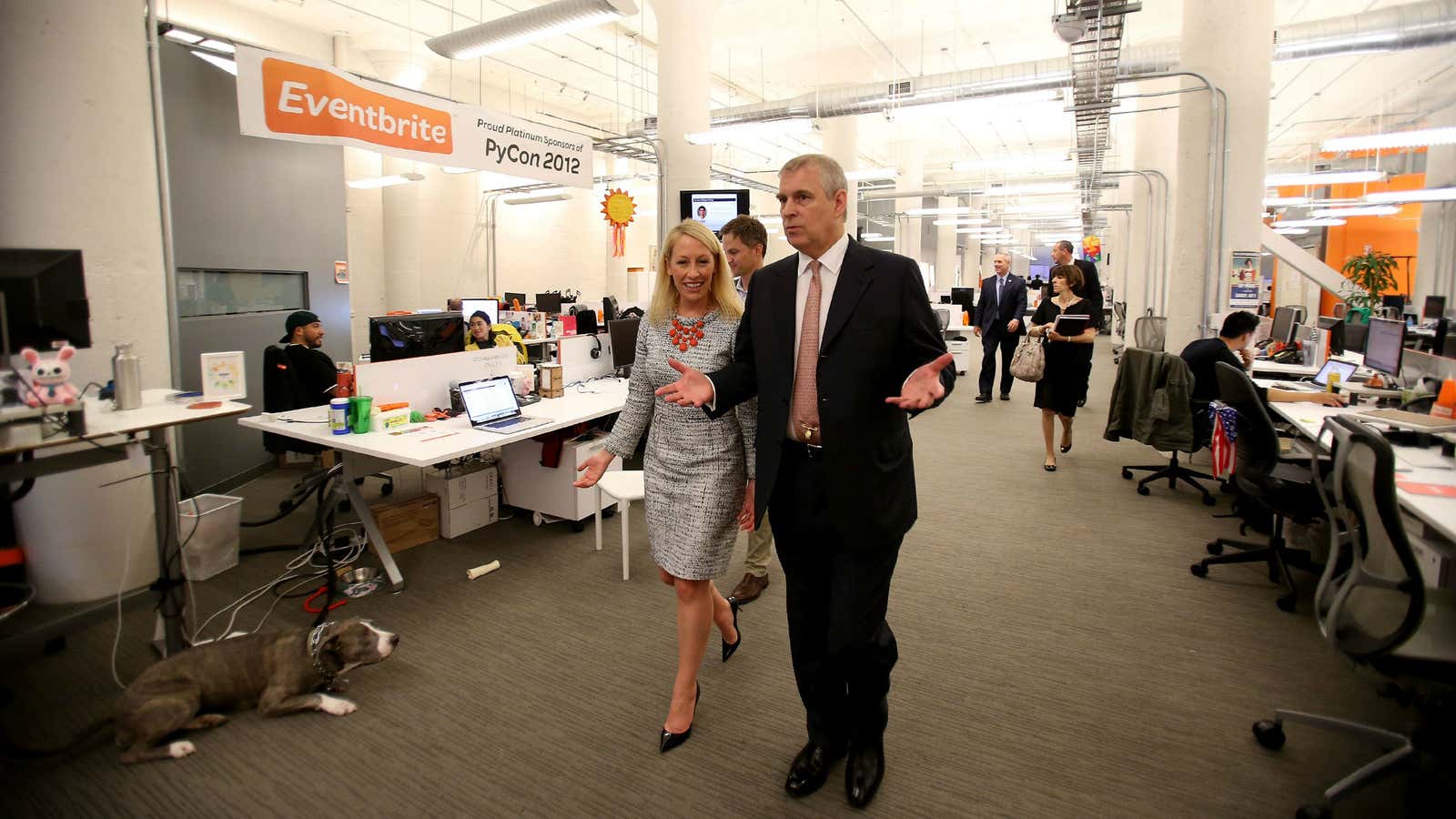Entrepreneurial startup companies have long been the foundation of business growth in the United States. Unfortunately, many startups never reach their desired potential; out of the country’s roughly 6 million employer firms, only 25% made more than $1 million in revenue. Accountability for success or failure lies to a great degree with the founder/CEO and his or her ability to scale and grow as the business does. Far too many entrepreneurial CEOs never do navigate this critical transition, usually to the detriment of their companies.
Startups require a special set of attributes: they must be revenue-driven, have few formal processes, embrace chaos, react quickly, be customer-centric and have a healthy dose of paranoia. The typical entrepreneur also brings certain characteristics to the table including, passion about the business model, comfortable making quick decisions without a lot of data, adaptable to change, confident in their intuition and willing to micromanage to a degree. These leadership skills are essential to a successful launch but can also become liabilities as a company grows.
These attributes and habits that are great for startup mode can actually hurt a company’s chance for success as it grows. Startup-savvy entrepreneurs often make too many quick-decision errors that impact profitability and reputation, they may have a vision but no real plan to execute it, and the “seat-of-the-pants” management style that worked well in the early phases will never sustain itself in an established company. As the popular adage goes, without a map, any direction looks good. Too often a startup entrepreneur forgets to design a map for long-term growth. Many times, they even hire friends, relatives and/or former associates as managers who are “good guys” rather than qualified leaders for the future. They bestow blind loyalty upon these folks, often to the liability of the company. And unfortunately, in many cases, the people who got a company started cannot get it to the next level.
Over the past 12 years, I have counseled hundreds of entrepreneurs about what they have to do and how they have to lead to take their companies from $1 million mark to the $10 million mark, even from $10 million to $50 million. Often, the reaction I get from startup entrepreneurs has been that of horror, usually from the self-realization that they have to develop completely new skills and behaviors. They think, why would anyone put himself/herself in a position to do things he/she won’t like and isn’t good at? I usually advise these clients to consider bringing in a CEO who has the skills they need to grow. Sometimes, I ask startup-savvy business owners to consider selling the company and starting another one, where they can enjoy the chaos of startup once again.
In my experience, only about one entrepreneur in four is able to recognize, admit, and actually modify their leadership style to take a company to the next level of growth. The ones that do it are constantly learning, measuring themselves against other successful CEOs in larger companies, honing their leadership skills, asking peers to assess their performance and holding themselves accountable. They exhibit extreme humility. Great CEOs know that charisma can be a disease, that passion is important, and that motivational pep talks usually don’t last long. The tempered maturity required of a CEO of a $50 million company is a far cry from the “culture of chaos” in a startup.
A key element in moving from startup to mature growth involves a CEO’s commitment to core values and the development of people. Core values are the glue in any company and they usually evolve from the personal values of an entrepreneur. They define the owner’s reputation, the company’s reputation and conduct in the marketplace and guidelines for behavior. Great companies hire and fire for core values, recognizing that you can teach skills but not values.
Great CEOs make sure that only the right people get on the payroll. The recruiting and hiring process is rigorous, and if an error has been made, these companies make decisions relatively quickly and move on. In startup companies, the worst justification for keeping the wrong talent is a flawed philosophy that I call, “a warm body is better than nobody.” This mentality can be a real growth limiter. If there’s one guarantee regarding people: jobs will always outgrow them (but that’s another article altogether).
So if you’re trying to take your business to the next level remember this, you cannot keep people whose jobs have outgrown them, even if that person is you—the startup-savvy CEO.




